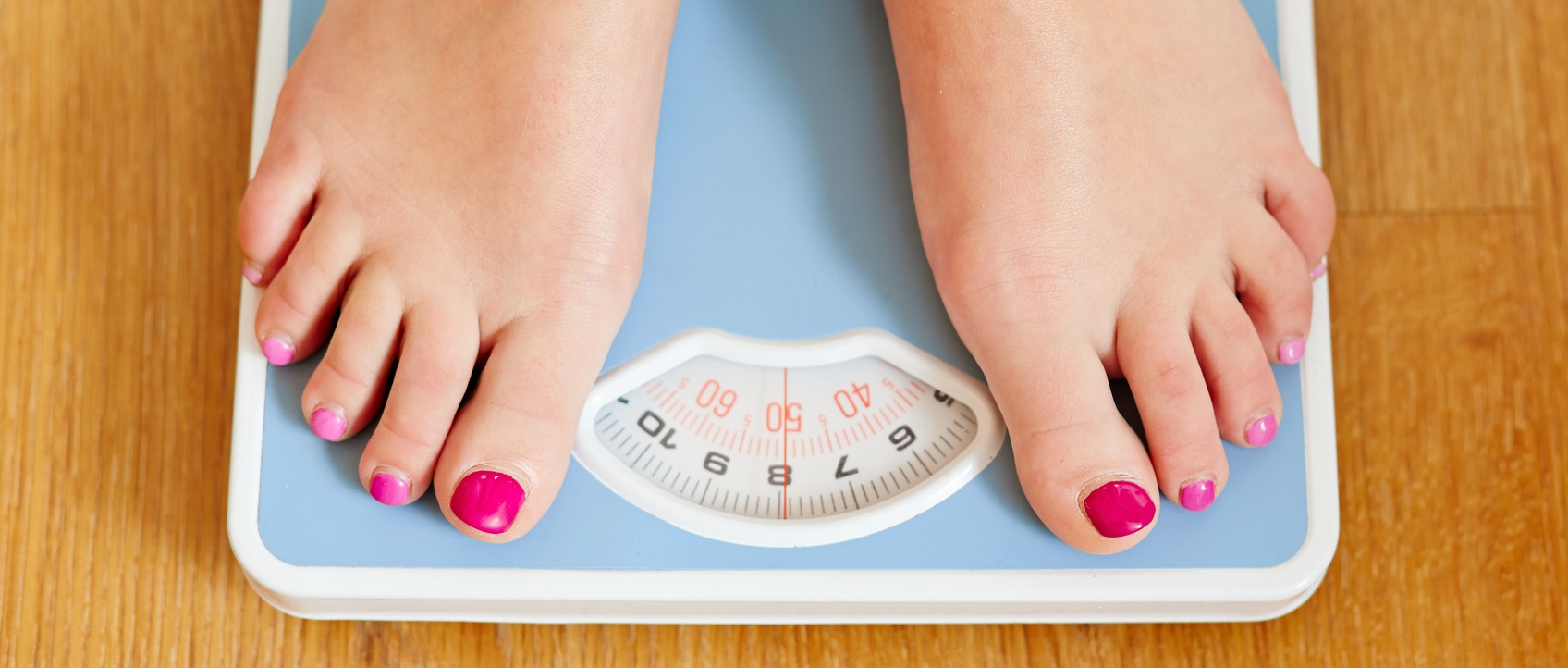
The most common reasons you're not losing weight
Peer reviewed by Dr Krishna Vakharia, MRCGPLast updated by Victoria RawLast updated 28 Jan 2025
Meets Patient’s editorial guidelines
- DownloadDownload
- Share
- Language
- Discussion
If you're worried about not reaching your ideal weight - despite recently shedding some pounds - we explore potential reasons why your weight loss may have plateaued.
In this article:
Video picks for Obesity and weight loss
Continue reading below
You're not sleeping well
When you sleep your body naturally slows down and uses less energy. You might sleep for ten hours and feel fine in the morning. But try not eating or drinking for the same amount of time. You'd be thirsty and hungry, right?
If you're having trouble sleeping, then your body tends to go into stress mode. Stress hormones such as cortisol are naturally low at night, but will go up again if we're awake. Cortisol makes our bodies lay down fat reserves 'just in case'.
Plus if you're awake, you're up and possibly in the kitchen - so your tendency to snack is higher.
The underlying question is - why aren't you sleeping?
You're feeling anxious, stressed or depressed
Back to contentsSarah Walford, a nutritionist based in London, explains that stress is a two-fold process.
"Some people feel so anxious they can't eat, while others tend to binge eat," she says. "When you feel stressed, your body releases cortisol in an attempt to free up sugar into your bloodstream. If you then can't burn off that sugar it gets converted to fatty acids, which makes you put on weight. That kind of weight gain is often around the tummy rather than the arms or legs."
Scientists have also found a potential link between carbohydrates and serotonin - the hormone that helps to regulate your mood. There is a theory that, without realising it, by eating carbohydrates you are attempting to boost your serotonin levels when you feel depressed. Hence why we love 'comfort food' when we're feeling down - such as pizza, mashed potato, toast.
But of course, all that carbohydrate can make you put on weight.
Continue reading below
You're working night shifts or long hours
Back to contentsWalford explains that, nowadays, more people work through the night.
"Think nurses, factory workers, delivery drivers, office cleaners," she says. "Your body wants to be asleep, but if you're awake and working then your cortisol production kicks in. This is the same bad cycle we see in people who are stressed or anxious. Cortisol frees up sugar which - if it isn't burnt off - gets converted to fatty acids and laid down as fat."
With more people working nights, this increases the chance of negative consequences for their weight and health.
When you work nights, you also tend to eat unhealthily and mainly during the later hours. This is bad for your health, but also tends to make you put on weight because your body can't digest food as efficiently at night as during the day.
If you do work nights, try regular small snacks which are high in protein or fibre. Some grilled meat or fish, a salad and plenty of water can help get you through your shift.
You're skipping meals or 'yo-yo' dieting
Back to contentsYou're going out for dinner with friends later, so what do you do for lunch? Skip it? This technique is unlikely to lead to weight loss.
Walford warns: "Skipping meals puts your body into self-defence mode. Low food intake slows your metabolism down. So then when you go back to eating normally you're putting food into your body but not burning it off as quickly."
You end up putting the weight back on and sometimes even more than before."
Walford's talking about the unhealthy technique of skipping meals followed by binge-eating, rather than 'intermittent fasting' - made famous by the 5:2 diet - for weight loss. Intermittent fasting works but it's a tougher regime for some people to maintain than merely eating a bit less. And it's not a good idea if you've had an eating disorder in the past.
Continue reading below
You're into the coffee shop culture
Back to contentsIn most places there's plenty of coffee shops. These coffees or hot chocolates may taste nice and make you feel good - for a bit - but they aren't a great choice if you're trying to lose weight.
Walford suggests you watch the milk: "Many white coffees or hot chocolates from cafes have much more milk in than you would put in yourself at home."
And, coffee shop 'mixed drinks' such as a mocha or blended ice-coffee tend to have a lot of sugar in too. Trying to lose weight, but love your coffee? Try black, no sugar.
You're eating more than you think
Back to contentsStudies that go back to the 1990s have consistently shown that we underestimate how much we eat.
If you're having trouble keeping track of what you eat, try snapping a photo of literally everything you eat or drink over a 24-hour period. The results might surprise you.
Patient picks for Obesity and weight loss

Healthy living
Does cold weather boost weight loss?
While the run-up to Christmas is not usually viewed as the best time for weight loss, it has been speculated that turning down the heating could help people lose weight. So do we burn more calories when it's cold and is 'brown fat' worthy of the hype?
by Abi Millar

Healthy living
Switch off TV in the bedroom to avoid weight gain
Sleeping with a television or light on in your bedroom may be a risk factor for gaining weight, according to scientists.
by Natalie Healey
Continue reading below
Article history
The information on this page is peer reviewed by qualified clinicians.
Next review due: 28 Jan 2028
28 Jan 2025 | Latest version
21 Dec 2017 | Originally published
Authored by:
Dr Oliver Starr, MRCGP

Ask, share, connect.
Browse discussions, ask questions, and share experiences across hundreds of health topics.

Feeling unwell?
Assess your symptoms online for free
Sign up to the Patient newsletter
Your weekly dose of clear, trustworthy health advice - written to help you feel informed, confident and in control.
By subscribing you accept our Privacy Policy. You can unsubscribe at any time. We never sell your data.